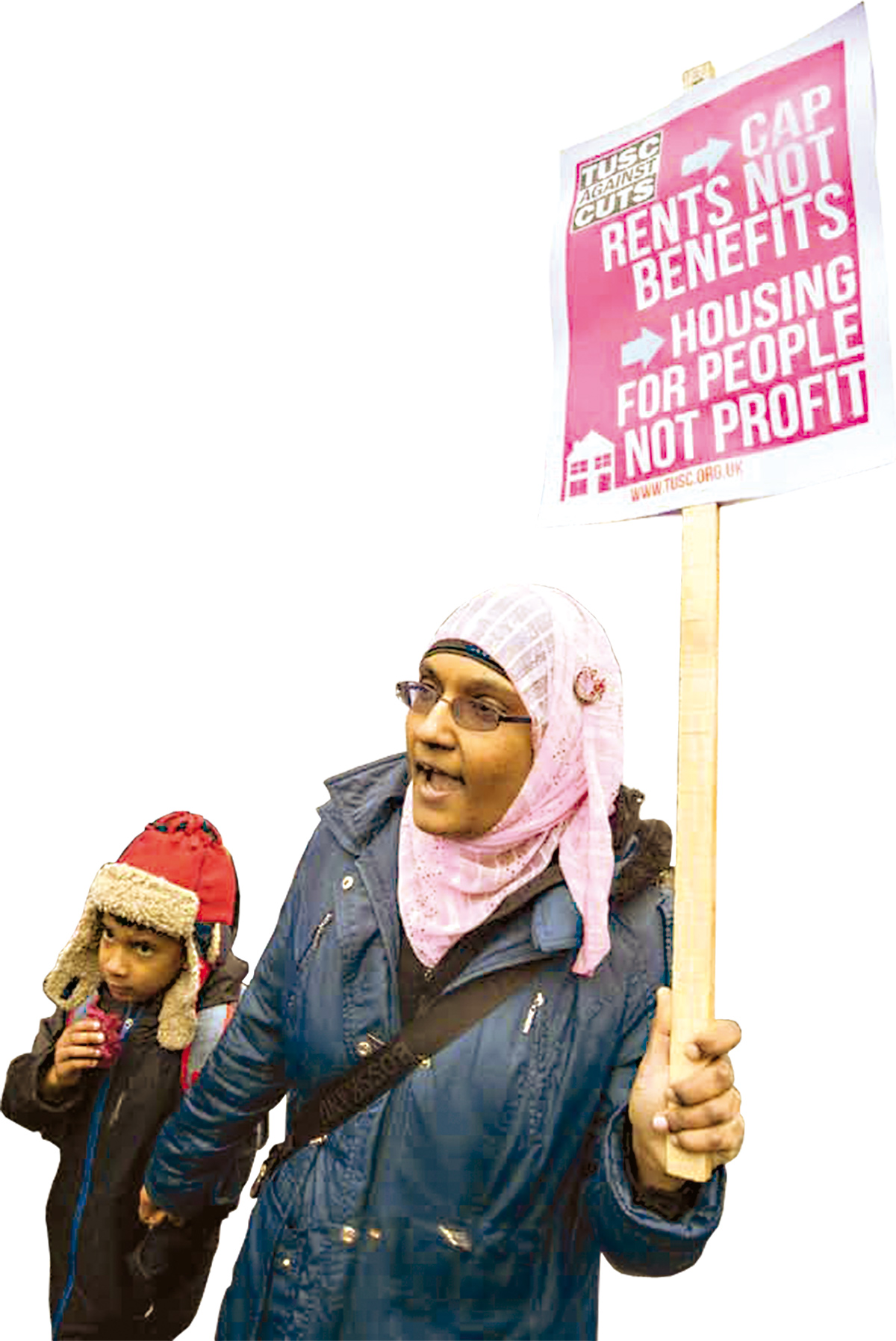Opposition Parties Slam PVV's Coalition Housing Policy

Table of Contents
Key Aspects of the PVV's Housing Policy
The core tenets of the PVV's housing policy center around a prioritization of Dutch citizens and a significant shift in the approach to social housing in the Netherlands. Their proposals represent a radical departure from current practices and have sparked considerable debate.
-
Focus on Prioritizing Dutch Citizens: The policy explicitly prioritizes Dutch citizens in the allocation of both social and private housing. This aspect has drawn heavy criticism for its potentially discriminatory nature. The PVV argues this is necessary to address the needs of native Dutch citizens facing the affordable housing crisis. However, critics argue this prioritization could lead to the exclusion of immigrants and other vulnerable groups.
-
Restrictions on Social Housing Allocation: The PVV proposes stricter criteria for accessing social housing in the Netherlands, potentially reducing the number of eligible applicants. This includes stricter income limits and potentially more stringent residency requirements. This, critics argue, will exacerbate the existing affordable housing crisis, leaving many vulnerable individuals and families without adequate housing options.
-
Potential Cuts to Social Housing Budgets: The PVV's plan may involve significant cuts to the national budget allocated for social housing. This would directly impact the availability of affordable housing and could lead to a substantial increase in the number of people experiencing homelessness. This reduction in funding has alarmed social housing advocates who fear a devastating impact on vulnerable populations.
-
Emphasis on Homeownership over Rental: The policy demonstrates a strong preference for homeownership over rental, potentially leading to reduced investment in the rental sector. This could further inflate rental prices and make it even more difficult for low-income families to find suitable accommodation. The shift towards homeownership could also disproportionately benefit higher-income individuals.
-
Proposed Changes to Building Regulations: The PVV suggests changes to building regulations that could potentially speed up the construction process, but critics express concern that these changes might compromise building quality or environmental standards. Concerns have been raised about the potential for these changes to bypass crucial environmental protections and worker safety regulations.
Opposition Parties' Criticisms
Several opposition parties have voiced strong concerns regarding various aspects of the PVV's housing proposals. Their criticisms highlight the potential negative consequences for Dutch society and the economy.
-
Concerns about Increased Homelessness: The PvdA (Labour Party) and GroenLinks (GreenLeft) have both expressed deep concern that the policy's restrictions on social housing and potential budget cuts will lead to a significant increase in homelessness across the Netherlands. "This policy will condemn thousands to life on the streets," stated a GroenLinks spokesperson.
-
Arguments Against Discriminatory Practices: D66 (Democrats 66) and other parties have heavily criticized the policy's prioritization of Dutch citizens, arguing that it is discriminatory and violates principles of equality. They claim it will create a two-tiered system, exacerbating existing social divisions.
-
Fears of Exacerbating the Existing Housing Shortage: The PVV's plan has been criticized for failing to address the root causes of the Netherlands’ housing shortage. Critics argue the focus on homeownership and potential cuts to social housing won't solve the underlying problem of insufficient housing supply.
-
Criticism of the Lack of Social Equity in the Policy: The focus on homeownership is seen as socially inequitable, as it disproportionately benefits higher-income groups who are already better positioned to access homeownership. This leaves lower-income individuals and families even further behind.
-
Concerns over the Financial Feasibility of the Plan: The financial sustainability of the PVV's proposals, particularly concerning the potential cuts to social housing budgets, has been widely questioned. Experts have voiced concerns about the long-term economic consequences of underfunding social housing programs.
Economic Impact of the PVV's Proposals
The economic implications of the PVV's housing policy are substantial and potentially detrimental.
-
Potential Impact on the Construction Industry: While the PVV aims to expedite construction, the potential cuts to social housing budgets could negatively impact the construction industry in the long run, leading to fewer projects and job losses.
-
Effects on Rental Prices and Affordability: Reducing the supply of social housing and shifting towards homeownership could further drive up rental prices, making it even harder for low-income individuals to find affordable housing. This could significantly worsen the affordable housing crisis in the Netherlands.
-
Possible Consequences for the National Economy: A worsening housing crisis can have a ripple effect on the national economy, impacting consumer spending, economic growth, and overall societal well-being.
-
Long-term Implications for Social Mobility: Restricting access to affordable housing can significantly hinder social mobility, trapping individuals and families in cycles of poverty.
Public Opinion and Social Impact
Public reaction to the PVV's housing policy is mixed, but concerns about the social impact are widespread.
-
Public Opinion Polls and Surveys Regarding the Policy: While comprehensive public opinion data is still emerging, early indicators suggest significant opposition to certain aspects of the policy, particularly those perceived as discriminatory.
-
Potential Impact on Social Cohesion and Integration: The prioritization of Dutch citizens could negatively affect social cohesion and integration, potentially leading to increased social tensions and division within Dutch society.
-
Concerns Regarding Potential Discrimination and Segregation: Critics fear that the policy could lead to increased segregation and discrimination in housing, mirroring historical patterns of exclusion.
-
Long-term Implications for Social Stability: The potential for increased homelessness, social unrest, and inequality could significantly destabilize Dutch society in the long term.
Conclusion
The PVV's proposed housing policy has sparked considerable controversy, with opposition parties raising serious concerns about its potential impact on affordability, social equity, and economic stability. The criticisms leveled against the plan—its discriminatory elements, potential exacerbation of the housing shortage, and the lack of financial feasibility—highlight the need for a more comprehensive and equitable approach to solving the Netherlands' housing crisis. The ongoing debate surrounding the PVV housing policy underscores the urgency of finding viable solutions. Further discussion and critical analysis of the PVV housing policy are crucial to ensure a fair and equitable housing system for all. The public needs to remain engaged and informed about the implications of this proposed legislation.

Featured Posts
-
 Shortstop Injuries Define Angels Dodgers Matchup Angels Win
May 28, 2025
Shortstop Injuries Define Angels Dodgers Matchup Angels Win
May 28, 2025 -
 Prediksi Arus Balik Mudik Masuk Bali Puncak 5 6 April 2025
May 28, 2025
Prediksi Arus Balik Mudik Masuk Bali Puncak 5 6 April 2025
May 28, 2025 -
 Personal Loans Check Todays Interest Rates And Apply
May 28, 2025
Personal Loans Check Todays Interest Rates And Apply
May 28, 2025 -
 Amas 2025 A Comprehensive Overview Of The American Music Awards
May 28, 2025
Amas 2025 A Comprehensive Overview Of The American Music Awards
May 28, 2025 -
 Ipswich Town News Mc Kenna Back In Training Cajuste Performs Well Injury Concerns Remain
May 28, 2025
Ipswich Town News Mc Kenna Back In Training Cajuste Performs Well Injury Concerns Remain
May 28, 2025
